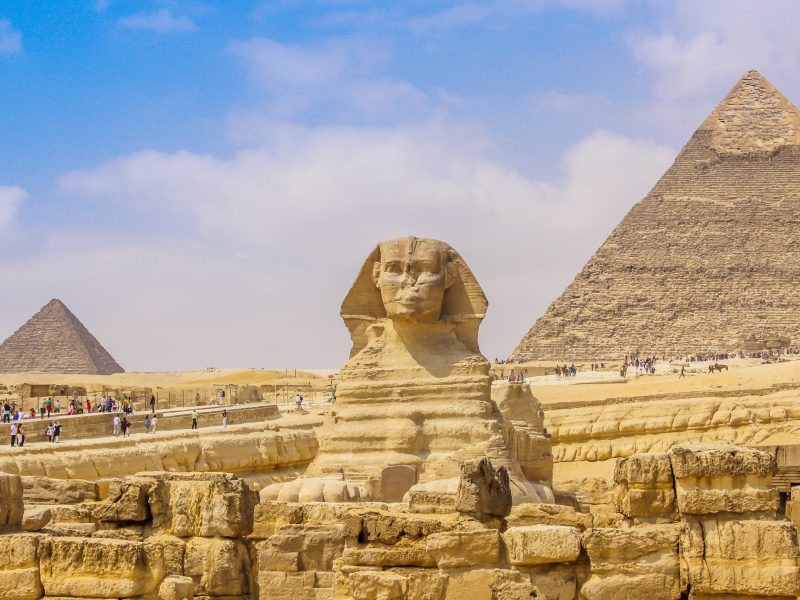How to Haggle Like an Egyptian

Let’s be real—no trip to Egypt is complete without bargaining in a bustling bazaar, where the scent of spices swirls in the air, vendors call out from stalls packed with treasures, and prices are more of a conversation starter than a final deal. Whether you’re after a handwoven scarf, alabaster pyramid, or a bundle of hibiscus tea, knowing how to haggle like an Egyptian turns a simple purchase into an unforgettable experience.
Not only will you save money, but you’ll also earn respect from local sellers and enjoy genuine connections. Let’s dive into the timeless art of Egyptian haggling.
What is Haggling and Why is it Expected?
In Egypt, haggling is a cultural norm, not a confrontation. It’s expected, even encouraged. Sellers often start with high prices, especially for tourists, as part of a fun back-and-forth. You’re not being rude—you’re playing the game.
Think of it as a social dance. Both sides expect some negotiation, and striking a deal brings smiles all around.
Where Can You Haggle in Egypt?
You can (and should) bargain in:
-
Souks and bazaars (like Khan El Khalili in Cairo or Hurghada’s old market)
-
Gift shops near temples or hotels
-
Taxis (when not using meters)
-
Horse/camel rides
-
Boat trips or felucca rides
-
Market stalls selling souvenirs, spices, jewelry, and clothes
Where You Shouldn’t Haggle
Don’t haggle in:
-
Fixed-price stores and shopping malls
-
Restaurants and cafes
-
Pharmacies and supermarkets
-
Official attractions or museum tickets (government set prices)
Knowing the difference shows respect—and saves you awkward moments.
Know the Product Before You Bargain
Before stepping into a market:
-
Ask your hotel or guide for typical prices
-
Check multiple stalls before buying
-
Use apps or forums like TripAdvisor or Google for price comparisons
This knowledge gives you negotiating power and helps avoid overpaying.
Master the First Rule: Never Accept the First Price
Opening prices are often double or triple the real value—especially for tourists. Sellers expect you to bargain.
-
Example: If the price is 300 EGP, start with 100
-
Most deals settle around 50–60% less than the first offer
Respond with Humor and Charm
A smile goes further than a scowl.
-
Laugh if the price is outrageous
-
Use lighthearted phrases like: “For this price, does it come with the camel too?”
-
Stay friendly, not aggressive
In Egypt, attitude is everything—charming hagglers win the best deals.
How to Make a Counteroffer
Start much lower than you’re willing to pay, then meet in the middle.
-
Seller: “This is 400 EGP.”
-
You: “I’ll give you 120.”
-
Seller: “350!”
-
You: “150.”
-
Eventually: You settle on 200–220. Everyone’s happy.
Use the Walk-Away Technique
If they won’t budge, walk away slowly.
Nine times out of ten, they’ll call you back with a better price. If they don’t? Chances are another vendor has the same item anyway.
Act Uninterested, Even If You’re Obsessed
Showing too much excitement gives away your power. Ask casually, handle the item gently, then set it down and say, “Maybe later…”
Make the seller chase you—not the other way around.
Bundle Items for Better Deals
Buying more than one item? Ask for a bulk discount.
Example: “How much for three scarves and two T-shirts?”
This works especially well with spices, clothing, or jewelry.
Know Some Arabic Phrases

Impress vendors and break the ice with these simple phrases:
-
“Bikam da?” – How much is this?
-
“Ghali awi!” – Too expensive!
-
“Ana mish sa’eh” – I’m not a tourist (they’ll laugh, but take you more seriously)
-
“Shukran” – Thank you
-
“La, shukran” – No thank you (polite way to walk away)
What Payment Method to Use While Haggling
-
Always carry small bills in Egyptian Pounds
-
Avoid showing large denominations (like 500 EGP notes)
-
Some sellers accept USD, EUR, or GBP, but always clarify the exchange rate
Cash is king in street markets.
Beware of “Tourist Traps”
Watch out for:
-
Sellers that grab your arm or insist you follow them
-
“Free gifts” that come with hidden strings
-
Items made of cheap plastic or synthetic materials sold as “real stone” or “cotton”
Trust your gut—and if it feels off, walk on.
Don’t Feel Pressured to Buy

If you don’t want it—don’t buy it.
Sellers may try hard, but you can say firmly:
-
“I will think about it.”
-
“Not today, thank you.”
-
“It’s beautiful, but I don’t need it.”
You’re in control of your wallet and your choices.
When to Accept the Offer
If the final price feels fair to you—and you’re happy with the deal—go for it! Don’t obsess over a few extra pounds. After all, the experience and interaction are part of the value.
How to Haggle Like an Egyptian : Do’s and Don’ts
Do:
-
Smile and be polite
-
Start with a low offer
-
Learn a few Arabic phrases
-
Walk away if needed
Don’t:
-
Get aggressive or angry
-
Flash large amounts of cash
-
Over-negotiate to the point of insult
-
Forget that this is fun, not war
Final Thoughts on How to Haggle Like an Egyptian
To haggle like an Egyptian is to dance between humor, charm, and strategy. You’re not just buying a souvenir—you’re embracing a living tradition that goes back thousands of years.
So next time you’re in a spice-filled souk or a buzzing bazaar, take a deep breath, flash a smile, and say: “Bikam da?” Let the game begin.





Comment (0)